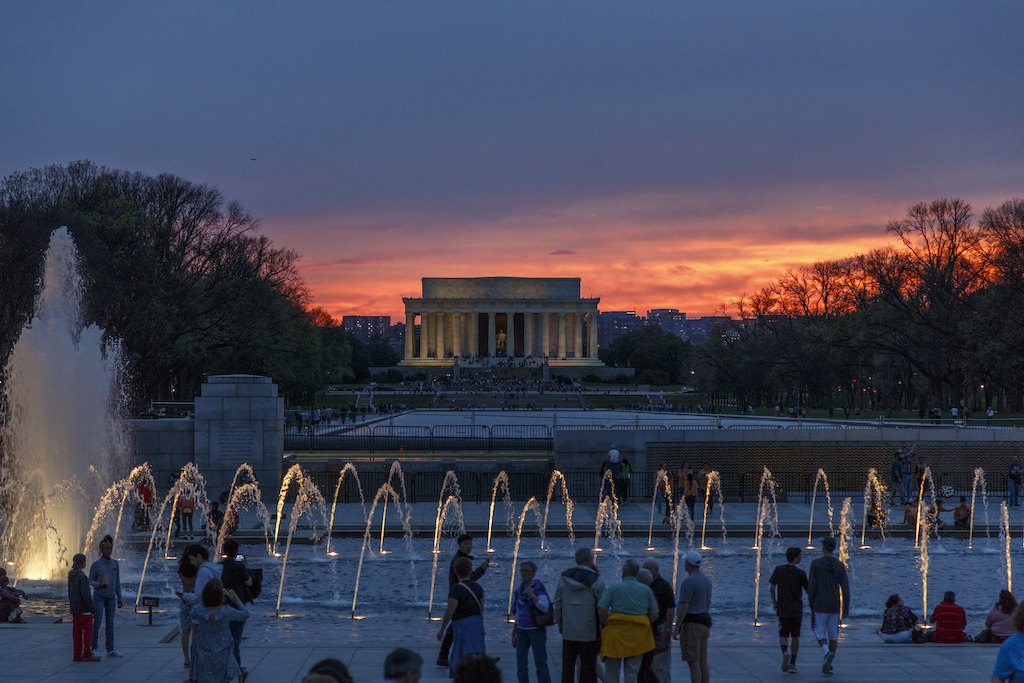What Happens to Washington D.C. Tourism During an Election Year?

Skift Take
Ready or not, an American election year is upon us. And even though it feels like the U.S. race has been trundling along for some time, the months before voting day are when the action kicks into overdrive.
Nowhere will that have a larger effect than in the nation's capital, where the flow of visitors is partly dependent on the political happenings. Recently, during Marriott's third quarter earnings call, CEO Arne Sorenson spoke candidly about the effect an election year has on Marriott's properties in D.C.
"A presidential election year is not a great year for Washington D.C. ... because, by and large, the politicians are out on the hustings as opposed to hanging out in Washington. And so we obviously have a substantial presence, including group hotels in Washington. I don't know what their bookings are for next year, but I would guess that it is sort of less than average."
So is that true — do election years really have a negative effect on the capitol's tourism and hospitality industries? The picture is mixed. Destination D.C., the district's destination marketer, said election years have little effect on domestic and international leisure travel. Overall, the capitol has seen consistent growth year on year when it comes to domestic leisure travel, though international arrivals were down 5 percent in 2018 — but that had nothing to do with an electoral politics.
When it comes to business travel, things become a little more complex in an election year. As Sorenson alluded to, hotels will have to deal with a more irregular booking pattern in 2020, and most report a slowdown in business in the weeks before an election. Though the congressional calendar is not yet published for 2020, in the past two general elections (2012 and 2016) congress was on recess for four to five weeks leading up to election day.
Because the candidates and congressmen are not in town, business travel tends to decline during a recess, which is why this can be a challenging time for hotels. There also has historically been a lull between election day and Thanksgiving, Destination DC said, with things picking up again in January ahead of the inauguration.
But just because congressmen and women — and those who hope to meet with them — aren't in town much across October, November, and December doesn't necessarily mean it will be a lousy year for D.C. tourism overall. Election years can act as a a stimulus for meetings, conferences, and events, often from groups who want to get their issues — be it pharmaceutical, business, or social causes — in front of candidates. Destination DC told Skift that it estimates there will be 89,000 more room nights related to city-wide conventions in 2020 compared to 2019, meaning the year should be decent overall.
There's another opportunity that has to do with an election year, but it's not in D.C. Key primary states can see a major visitor boost given their importance (and obsessive attention from journalists) in the preliminary stages of the election. A 2016 study from the U.S. Travel Association found that for the past five presidential cycles, New Hampshire — which is the second state to hold its party contest in February, after Iowa — had an average hotel occupancy rate that was more than 78,000 nights higher than in non-primary years. That was estimated to translate to an extra $8.9 million in hotel revenue. The study also estimated that one job is created for every 33 reporters that come to the state to cover the week-long primary process.




